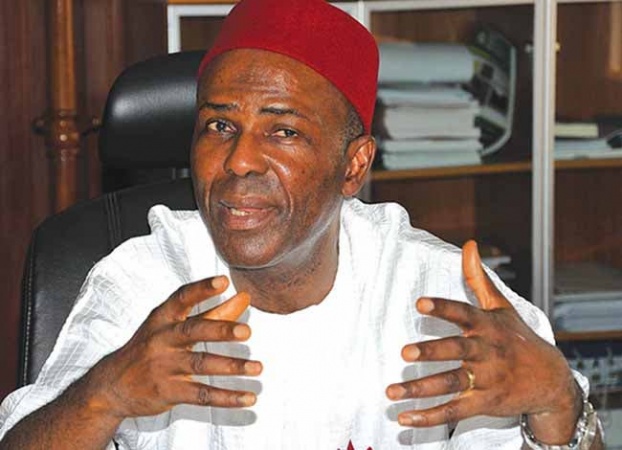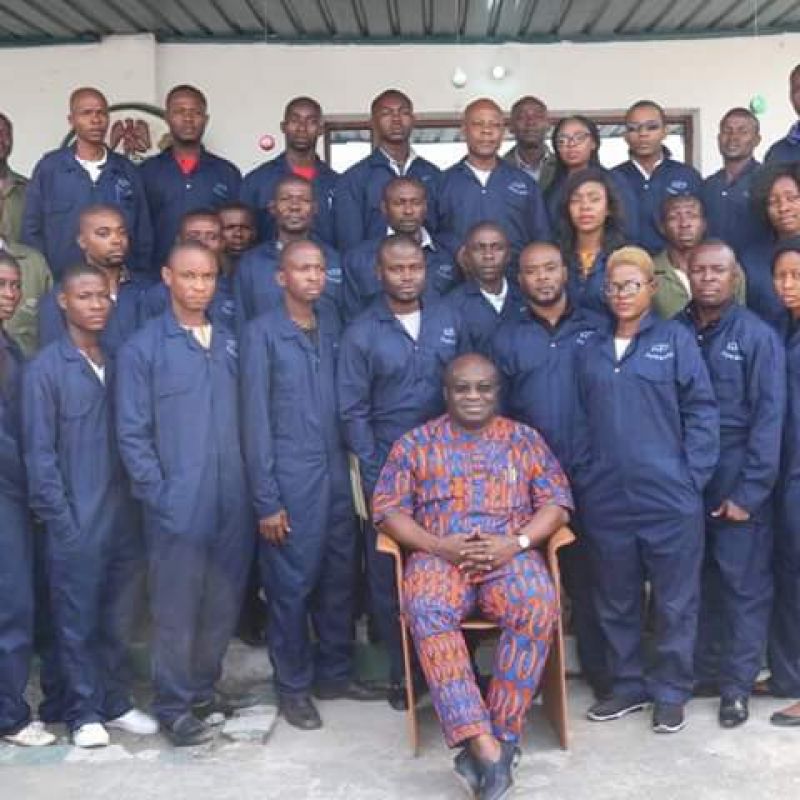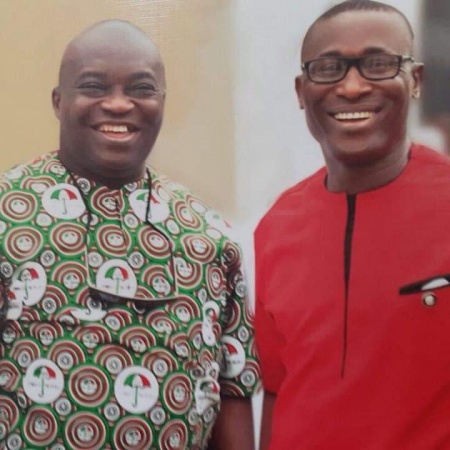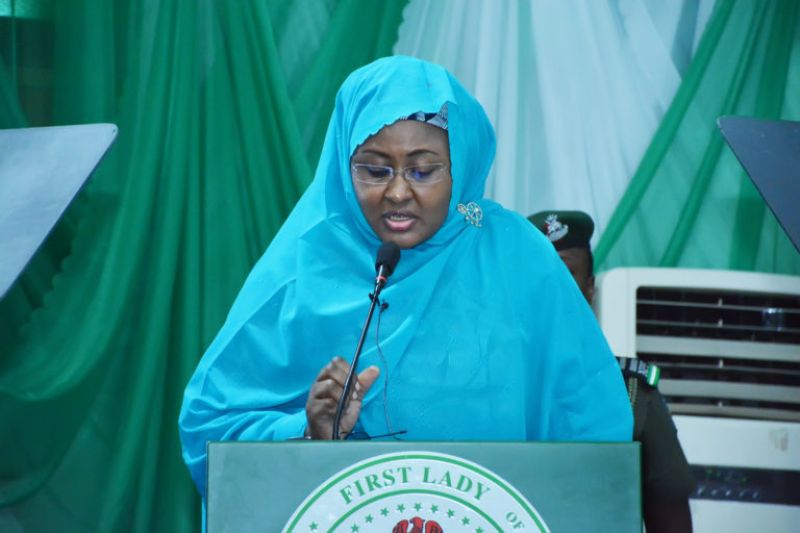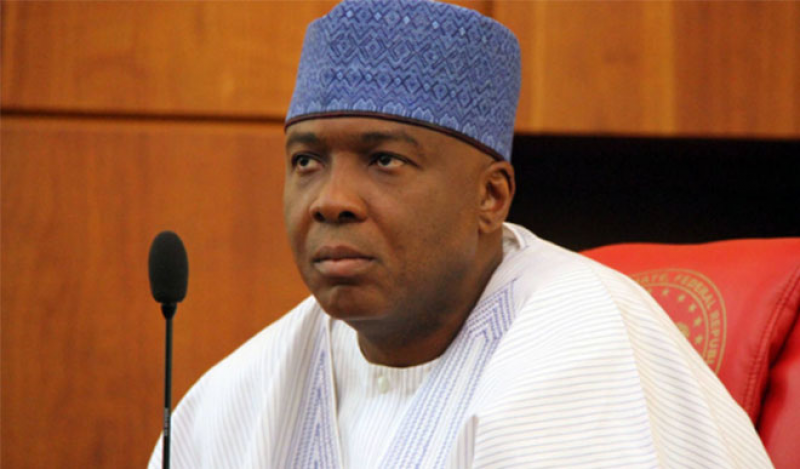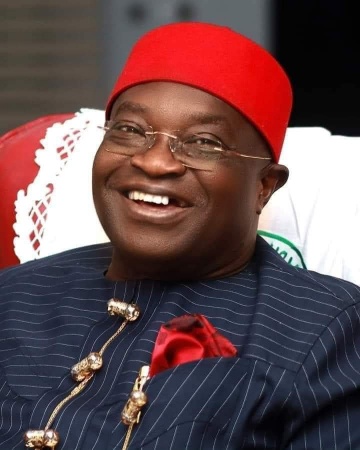THE FORMATION OF ABA TOWNSHIP
Posted by Onyembi, Emenike Vincent | 8 years ago | 3,458 times

It may interest you to know that Aba Amaku,
after a ripe old age died, and was buried with the
dignity, and respect demanded by his lofty status
as a pioneer and patriarch. His three eldest sons,
Onyeukwu, Ukalaghala, and Wochicha took over
during their time and made their own
contributions according to oral tradition and
passed on to eternity.Centuries later, one of the legitimate
descendants of Aba Amaku, Chief Ukaegbu
Ogbuji, spear-headed the activities and inter-play
of local and foreign forces that led to the growth
of Aba, from hunting and fruit-gathering
community, into a traditional town ready for
transformation into a township.
As a youth, Chief Ukaegbu Ogbuji, was said to
have worked with King Jaja of Opobo. He had
earlier left his home Aba, in search of greener
pastures, and then landed a job in the war
canoes of King Jaja, which remember was a boy
from Amaigbo in present Nwangele local
government area of Imo State, who was sold into
slavery in Bonny, but who later founded the
Kingdom of Opobo.After the slave trade wars, legitimate trade in
palm oil, palm kernel, and other agricultural
produce, became the official British Government
Policy in their areas of jurisdiction. This followed
the principle of effective occupation, enunciated
in the Berlin Conference of 1884-1885, which
partitioned the African Continent into European
spheres of influence.
By virtue of his diligence, loyalty, enterprise and
nativity, the young Ukaegbu Ogbuji, was
nominated to escort British officials and traders
into the hinterland of Southern Nigerian
Protectorate off the Opobo kingdom.Chief Ogbuji, escorted the British contingent on
foot through Ohambele, Akwette, Obehie,
Ezebudele, Obegu, Umugo, Ohabiam and into his
home Aba -Ukwu. Earlier, the British officials
made efforts to settle down at Akwette, but the
villagers did not co-operate with the strangers.
At Umugo, the natives fought the British officials
whom the said were toe-less beings, on account
of the shoes they were putting on. The British
officials with the help of Uzo Aro, engaged them
back, leading the numerous casualties on the
part of Umugo people. There was a similar
experience in Obegu, which historians prefer to
call the Obegu Massacre, in which innocent
natives were mowed down in cold blood, in their
hundreds by the superior fire power of British
officials.Apart from the gattling and Maxim guns of the
British, there was the local diplomacy of Chief
Ogbuji, in getting and picking opinion leaders and
escorts, in the various places they passed
through. The intimate knowledge of the local
climate of opinion, or intelligence helped the
British a lot, in there entry into Aba territory. At
Ohabiam one of the white men, Mr Nicholas said
he would live their with Uzo Aro, because he
liked the elephants that were at Okasa Ohabiam.Uzo Aro, had earlier helped the colonial officials,
in overpowering the people of Umugo and other
villages through the provision of security
intelligence.The main body of the whitemen who got into
Aba, followed Chief Ogbuji Ukaegbu into his
compound, and mounted their sleeping bags and
and tents in the present ground of the National
Museum of History. Having completed his
assignment of getting the whitemen safely into
Aba, Chief Ogbuji Ukaegbu asked the whitemen
to take any piece of land they wanted for their
official quarters, and then left back to Opobo to
continue his job in King Jaja's canoe fleet as
Headman.Reports, indicated that he was happy to have the
whitemen live in his compound, given the fact
that he needed neighbours and perhaps security
for his wives and children who were in Aba, while
he was away.
Few weeks later, the wooden buildings came
through Ohambele to Azumini on Aba Blue River
through steam boats, accompanied by Chief
Ukaegbu and led by Ndoni people for the
construction of residential and office quarters for
the white people as the British Consulate in Aba.
This was how the Ndoni people came to Aba,
and their descendants have lived along the banks
of the Aba Blue River ever since in the land
granted them by Chief Ogbuji Ukaegbu.On reaching back to Opobo, Chief Ukaegbu was
given gifts by the British officials, and Royal
Niger Company personnel, and was encouraged
to employ people who would work under him in
the new legitimate trade of buying and selling of
palm oil and palm kernel, designed to stop and
divert peoples attention from the ugly slave
trade.When he returned back to Aba around the 1890s,
Chief Ukaegbu sent words across to many of his
relatives, friends, and village associates about
new business opportunities in the palm oil and
palm kernel lines. This was from the horse's
mouth, because he had seen British merchants
loading vessels with the commodities for onward
travel to England.Soon family members went into the nooks and
cranies of surrounding village markets to start
produce buying. One of Chief Ukaegbu's children,
his daughter Nweke got so enthused with buying
and selling of these commodities at the Elephant
haven or resting place called Okasa, in front of
her father's house in the present Aba Town Hall,
Union Bank & UTC premises in factory Road, that
she set up a mini market. This reportedly was
the origin of the famous Ekeoha market, and the
first site, before it was moved to the Shopping
Plaza location and later to Ariaria.In short, this
was how the Whitemen came into Aba, settled
down, and set up a Consulate Office without the
natives appreciating the implication.We will be doing justice to the Government and
Politics of Aba in our next post.N/B: Chief John Osuala has been a major
contributor to this epoch(s) of History.Keep in touch!
Readers Comments
comment(s)
No comments yet. Be the first to post comment.


